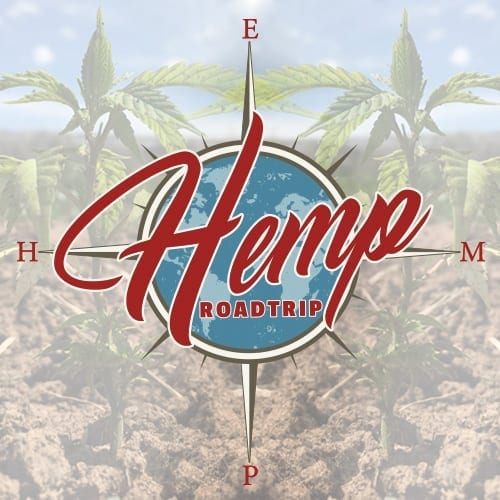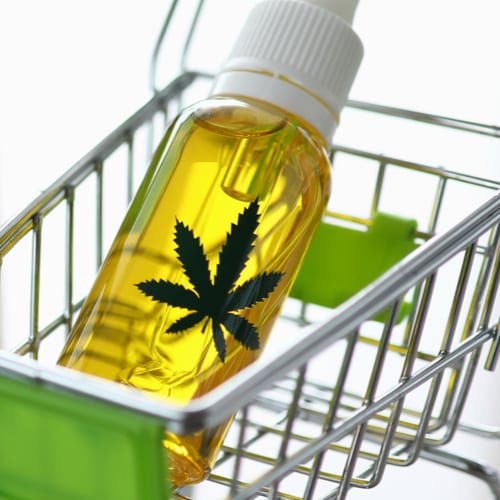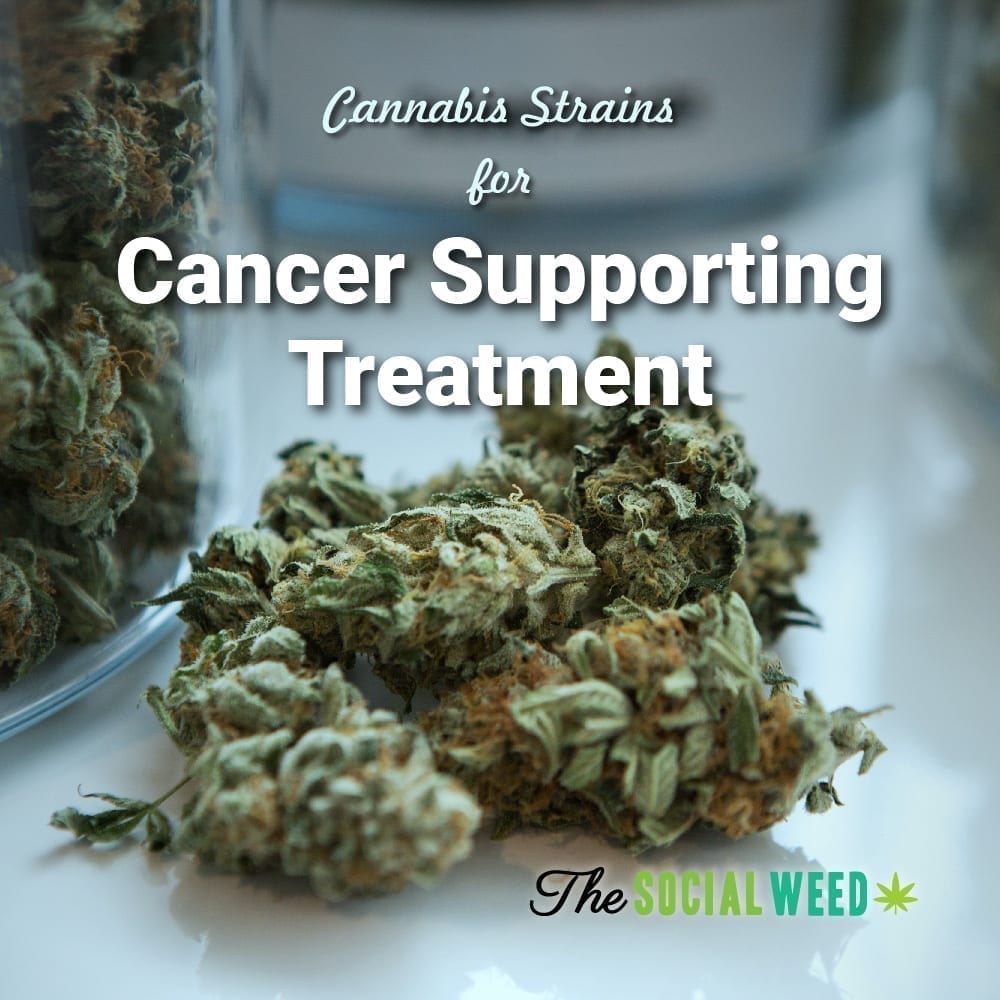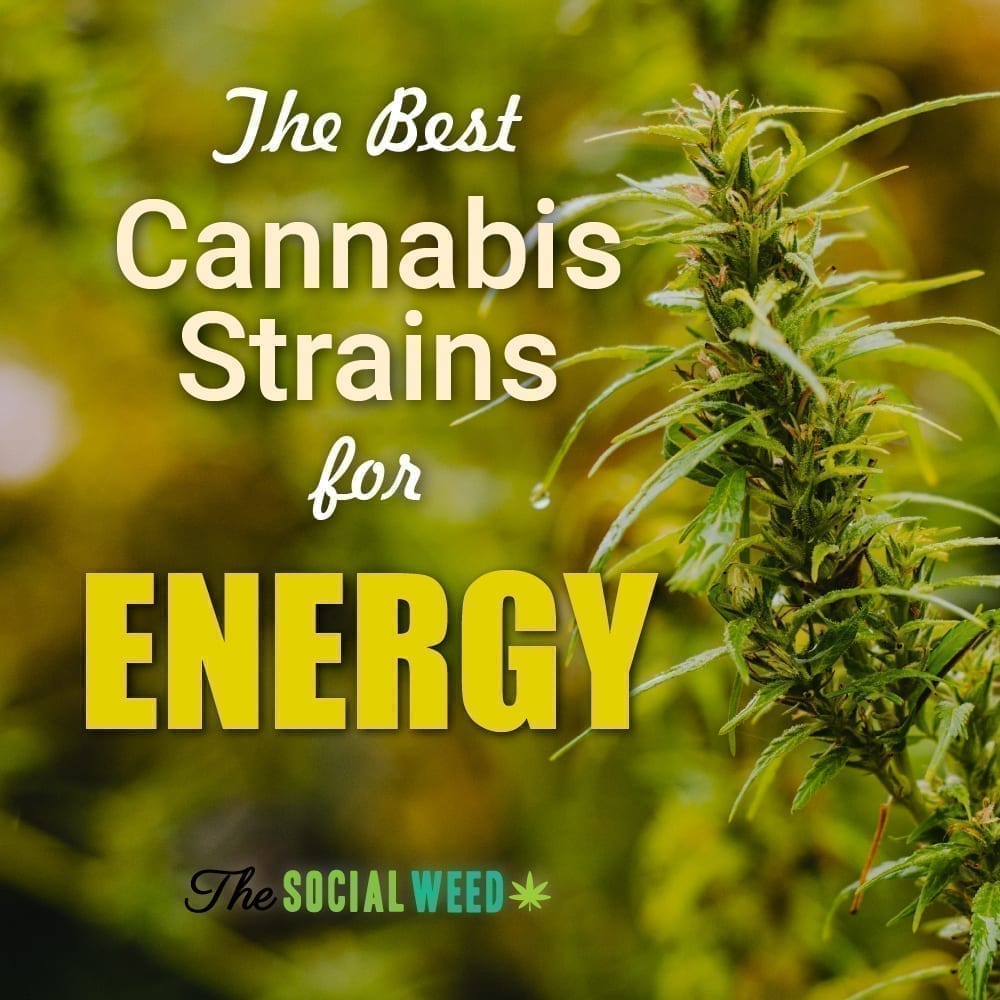
Even if you aren’t a cannabis connoisseur, you’ve heard the word Hemp. The durable plant is commonly confused for something entirely different from cannabis, especially considering the way the federal government recognizes it. Many legislators group cannabis and hemp together, assuming that give the same attributes for recreational use. This couldn’t be further from the truth.
Despite popular belief, they are one in the same. Hemp, however, typically refers to the parts we don’t smoke like the root, stalk, and stems of the cannabis plant. The centuries old material possess thousands of practical uses; uses that the cannabis we smoke could never achieve. According to hemp advocate, Rick Trojan, it can clothe, feed, and provide for you. The US is actually the largest consumer of hemp products in the world. Unfortunately, current legislation keeps Hemp from being the domestic agricultural powerhouse that it can be. There is a bill in the works to fix this issue but, until it goes into effect, the US is missing out – economically.
Even with all of these benefits, not just lawmakers but many cannabis consumers are unaware of its attributes. That’s where we come in.
We spoke with Rick Trojan, founder of Hemp Road Trip, about hemp’s status and how he is helping the world dismantle the misconceptions around it. After all, the only way to legalization is proper education on hemp. In 2014, Rick created Hemp Road Trip after a negative experience lead him to learn more about cannabis as a whole. Since its creation, Rick has been striving to encourage hemp and its positive impact around the world.
As we talked about hemp’s road of advocacy that has led him to Ireland, we had to address some of the biggest question concerning it. Rick even taught us quite a bit about it in the process..
[This interview has been edited and condensed for clarity. This interview was conducted June, 07, 2018.]
TSW: So to clarify for everyone reading, What is Hemp? Is it different from cannabis?
Rick: Hemp is cannabis. Cannabis is the name of the plant. It’s been called indian hemp, but the federal government, as well as other countries, refer to it as industrial hemp, legally.
A cannabis plant with a THC of, let’s say 1%, would not be defined legally as industrial hemp by our federal government. It could however make a decent shirt or a pair of jeans. Hemp, by the legal definition is 0.3% or less THC, on a dry weight basis, as defined by the Farm Bill of 2014, section 7606. It’s all still cannabis ‘Marijuana’ was a made up word from the 1920s and 1930s to demonize the plant. I don’t even use that term, and suggest we remove it from our vernacular.
There are industrial uses and non-industrial uses; euphoric and non-euphoric based on the end uses. So there could be cannabis at 0.3% THC that makes clothing or plastics. Or you could go with cannabis with 23% CBD and 0%THC; it’s still industrial hemp. It’s the legal definition based on an arbitrary line of demarcation. It’s all cannabis, but therm Marijuana is a divisive word.
People typically get it mixed up and think ‘Hemp is the male one.’
I talk to politicians around the world and they say ‘someone’s gonna hide a marijuana field in a hemp field.’ That’s ridiculous. Once the cannabis plant get pollinated, nutrition goes to seed production instead of cannabinoid production. Botanically, the cannabis that’s pollinated would have much lower THC. It may or may not meet the definition of industrial hemp but it’s definitely not worth smoking for a ‘marijuana ‘user. When the two types of cannabis plants are grown too closely, hemp will pollinate the other plants, rendering the high THC plant useless for smoking by the second or third harvest. Hemp wins!
TSW: You had an experience that led you to educating about hemp. Why did you choose to advocate for it?
Rick: Unfortunately, I had a really bad experience with prescription medication in 2014 while I was in Germany. I had a near death reaction that put me in a Munich hospital for nearly a month! I had a bad reaction to prescription medication and nearly died. However, it gave me the time to research and learn about this plant.
I started a medical marijuana company in 2014; that’s what got me into cannabis. I didn’t really know anything about cannabis so when I got sick in Germany, it was the perfect time for me to learn about this company that I just started. I started to learn about the industrial uses of the cannabis plant. I helped start a company that ended up being the largest in the US (by acres) for industrial hemp. It was an unfortunate reaction to a prescription medication that got me to learn about cannabis. Once I found out more I realized we have a natural alternative to pretty much every solution facing our country – food safety and security, non toxic textiles, healthy biodegradable plastics and renewable energy! The more I learned about cannabis, the more I realized it can help everyone, in more ways than just smoking it, or eating an edible. Then, I just went off the deep end and bought a bus and started driving around the country, telling people what this plant can do!
TSW: What impact do you hope to have on the industry, community and the world?
Rick: We need embrace what the plant can do. We need to stop the fear. It’s beyond cannabis now, we are being taught and marketed to fear certain things and certain people. Whenever you are taught to fear something you should turn around and face it. People are taught to fear Kratom which helps get off opioids that are destroying our country. Cannabis and industrial hemp can also help people get off opioids as well. It’s not making people do anything crazy and you can’t overdose on it. It’s completely safe. It’s a whole plant I’m not dividing it anymore.
This plant is not a danger. What they are being told is not accurate. I want people to go out and to find awareness for themselves.
For example, I went to the Denver Public Library to research the first marijuana arrest in 1937. This was in preparation for the 80th anniversary “celebration” of the first cannabis arrest in the world, in Denver, CO, coincidently. I went to the archives of the library to find the exact story. Turns out the story of these people selling joints in front of the Lexington hotel in Denver – they never actually did that! One guy was arrested for drinking Sterno, you know the stuff that is used in catering to heat the buckets of food. After drinking that, apparently he went crazy and was accused of beating his wife. The police found the remnants of a cannabis cigarette in his house, and arrested him for possession. The other guy, his “dealer” was arrested on bootlegging alcohol, but charged with marijuana distribution. As it turns out, the Lexington hotel didn’t exist; in fact, after review of the Denver archives, I discovered the address for the imaginary hotel also did not exist in Denver. At all! I had to go and actually research this in historic documents and old city records. It was almost entirely fabricated! The whole thing is a lie – from day one.
You just peel away layer after layer and there’s so much deception. I’m just the guy pulling the curtain on the Wizard of Oz. I’m like little Toto pulling it all away, revealing the misinformation and propaganda inherent in cannabis prohibition!
TSW:How do you feel about Majority Leader Mitch McConnell’s urging to deschedule hemp?
Rick: It’s the best farm act we’ve had to date as a country. There is honestly room from improvement, the senate bill did a good job. The original house bill that was submitted needed a lot of work. They’ve thrown that bill away and started with a fresh hemp farm act. I think there’s a lot of potential today. The Senate version would officially remove hemp from the controlled substance act. The problem we have is the DEA has spread misinformation about what it is. But we’ve sued them twice last year. They’re essentially now saying, the flower, regardless of the THC limit, itself is the controlled substance. This would include CBD and all the other cannabinoids as controlled substances, which is not what the law states or the intent of the law. The DEA, and other misguided governmental organizations are intentionally causing confusion through misinformation, creating delays in market acceptance and growth.
TSW: How do you feel about the current market, state-wide and federally?
Rick: The market is growing, we only have 8 states with no form of legal cannabis. That’s a huge step. People all over the country want to know what cannabis is and what it is not. Once that fear of cannabis and THC is removed, every single person is on board. There’s no other issue where everyone is on board. More people are in favor of cannabis legalization, in some form, than are in favor of Apple pie!! Once folks understand what this plant can do, I haven’t met anyone in opposition, besides politicians, and its clear their interest are not our interests. It can provide a non-toxic alternative to almost everything. How can you not be on board with cannabis? People are now realizing the truth about our government – the last one didn’t do what they said they would, this one isn’t doing any better. Folks realize they are being lied to by the media and by the system, in general. People are more open to hearing another perspective now. That makes my job a little bit easier. However, there remains a lot of fear to wash away first.
TSW: How is Hemp treated in other countries?
Rick: I just left a cannabis expo in Greece; I’m speaking next week in Germany. I’m here in Ireland now; we met with agriculture farms and a couple of hemp farmers today. These other countries get it. Cannabis production is actually funded by their governments!! They have grants they are able to receive for research, cultivation and processing. Honestly a lot of the cannabis research is paid for by American tax dollars, it’s just completed by foreign institutions or universities. Other countries around the world get it, they don’t understand why we don’t, but they continue to take our money for their cultivation and production. We put $750-million a year into hemp but we are the only ones who don’t allow farmers the resources to cultivate, or the domestic market to capitalize on its purchase.
It’s just dumb. It’s literally been a fabricated lie since the beginning. I found that out in Denver and it just continues, even today with the current administration and their ignorant underlings.
We are Americans and we speak with our dollars. We live in a capitalist society; we vote, we speak. If we don’t buy toxic substance, corporations will stop manufacturing toxic products. If we start to buy hemp and cannabis clothing which is natural, sustainable, and holds some amazing properties. If we start to buy that, companies will start to make hemp based products. So buy hemp, eat hemp, wear hemp, and talk about hemp and cannabis in general. You can’t overdose from cannabinoids from a cannabis plant; its physiologically impossible.
Stop the fear.
Stop the craziness.
Buy it, Eat it, Use it.
You can follow Rick and his efforts with Hemp Road Trip here as well as YouTube, Instagram, and Facebook.
Written by: Joycelin Arnold





